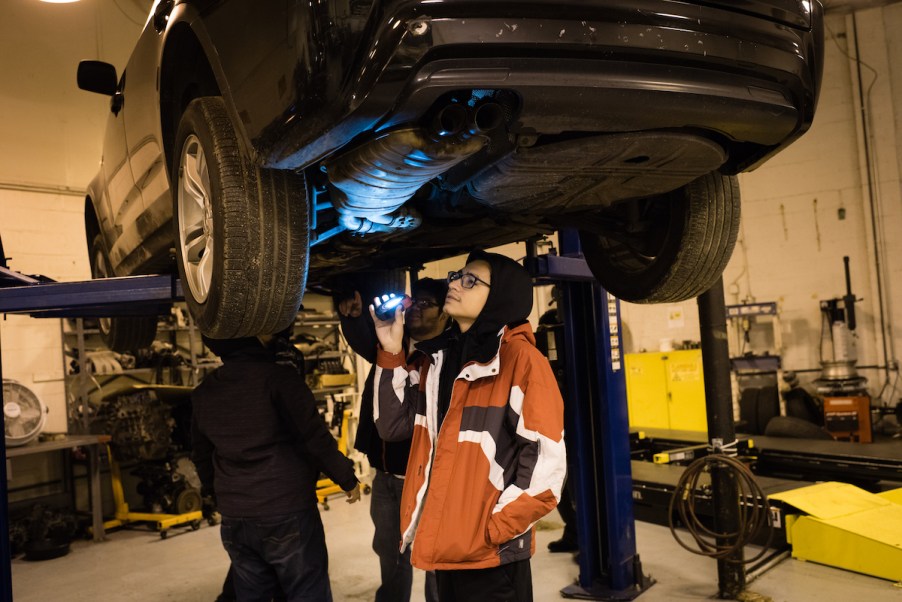
4 Things to Ask Yourself When You Notice Your Car Is Leaking
As a car owner, it is essential to take note of any changes in your car’s performance by taking it for regular maintenance and especially paying attention to any potential leaks. A car leaking fluid can signify a much bigger problem that requires immediate attention. Therefore, if you notice your car is leaking, ask yourself these questions to determine the best course of action.
4 questions to ask yourself whenever you notice your car is leaking

Leaking fluids are not something to ignore or take lightly. Often these leaks are indicative of much larger problems. If left unattended, it could lead to more significant problems that could be costly to repair or even cost you your life. For example, something like leaking brake fluid could mean your brakes are not working as efficiently as they should be, which, if left unchecked, could result in a nasty accident.
Therefore, it is essential to gauge your options and take the necessary steps to rectify the problem as soon as possible. To help you determine what those steps may be, Access Auto Insurance recommends asking yourself these four questions whenever you notice your car is leaking:
1. Where is the leak located under the vehicle?
The first question you should ask when you notice your car is leaking is what is the position of the leak relative to the vehicle. This inquiry will help you to determine what kind of fluid is leaking and give you a better idea of the severity of the problem. For example, an oil leak from the engine area could be more serious than a leak from your windshield washer fluid reservoir.
There are many places your car can leak. For example, a leak in the middle section of your car is typically indicative of a transmission fluid leak. One near the wheels or passenger side typically indicates a brake fluid leak. Fluid under or around your car could indicate an antifreeze fluid leak. A leak can also be located relatively toward the front, and this could be from a power steering leak.
2. What does the fluid look like?
The next question you should ask is the fluid’s appearance. The reason for this is to help you identify what kind of fluid is leaking, which will, in turn, help you to determine the cause of the leak and how critical the problem might be. For example, if the fluid is dark brown, it likely could be an oil leak. However, if the fluid is bright green or yellow, it could be an antifreeze leak, indicating a much more serious problem.
Other possible fluid leaks could be transmission fluid, which is brown or bright red, brake fluid, which ranges from a clear to a light brown fluid, or power steering fluid, which is a brown or red fluid.
3. How comfortable are you with car maintenance?
If you are not comfortable performing basic car maintenance, it is probably best to take your car to a mechanic to repair the leak. However, if you are confident that you can fix the problem, you may save money by doing it yourself.
4. What other differences have you noticed with your car lately?
If you have noticed any other changes in your car’s performance lately, the leak may be just a symptom of a more significant problem. For example, if your car has been leaking oil and has been having trouble starting it, it could be a sign of engine problems. This discovery would change the course of action you would take to fix the problem.
How to prevent car leaks
The best way to prevent car leaks is to perform routine maintenance on your vehicle and to take it in for regular check-ups. By doing this, you will be able to catch any potential problems before they become serious and cause extensive damage. In addition, it is essential to know precisely when to call a mechanic. If you are ever unsure about a problem with your car, it is always better to err on the side of caution and take it in for a check-up rather than risk making the problem worse.


